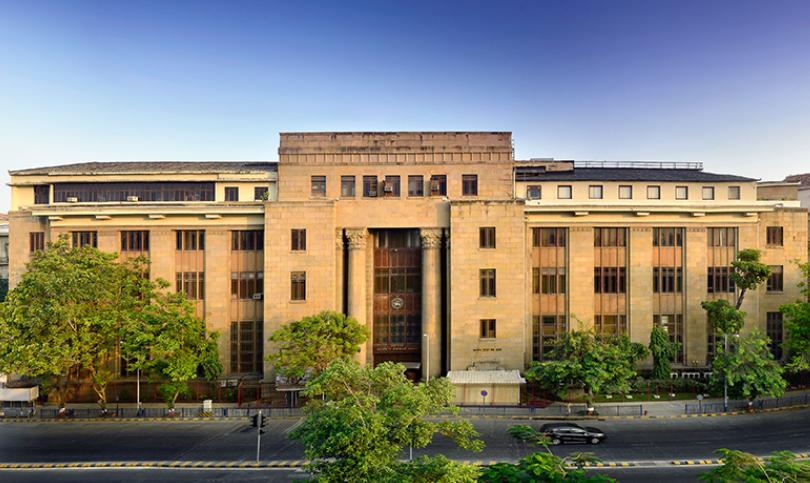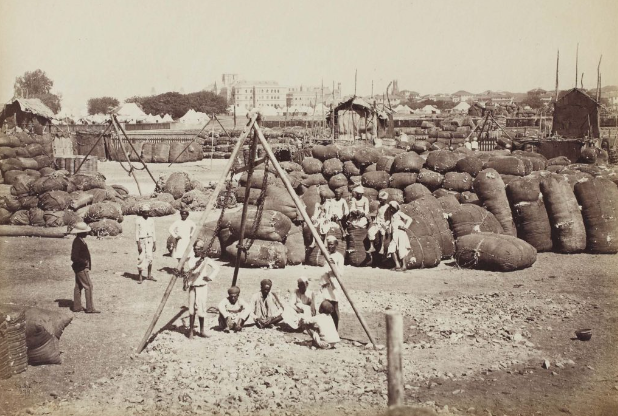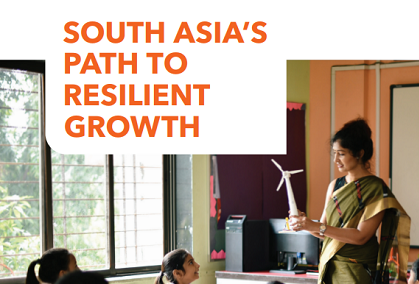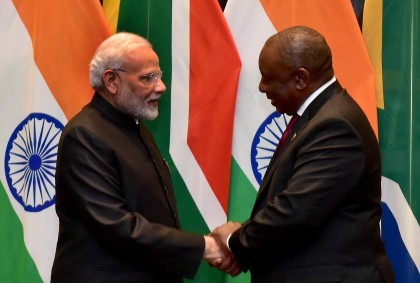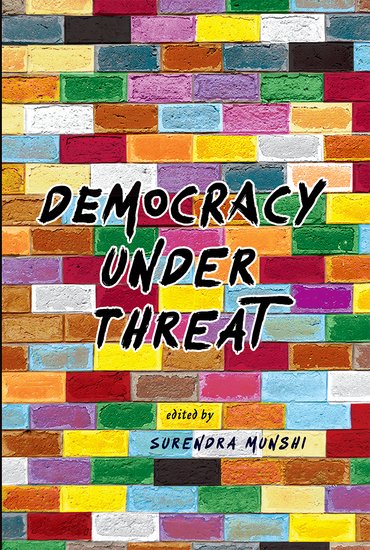A central bank for India in Bombay
The Reserve Bank of India entered its 90th year on 1 April. From the 1940s to 1960s it was critical in protecting India’s interests at the Bretton Woods Conference in 1944, and conserving India’s Forex by managing a Rupee trade with the East Bloc. Today, it is among Mumbai’s several historic financial institutions and has navigated India’s economy through turbulent geopolitical and geoeconomic events.

